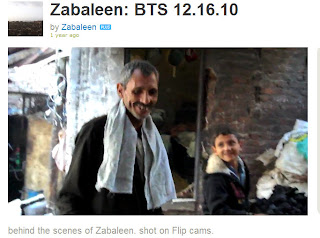Wealth and population overlays with national boundaries....
The mega-city (combined borders) of Hong Kong, Guangzhou, and Shenzhen now hosts 120 million people! That's comparable to Japan! Every IPad, Android, Blackberry, and Kindle are manufactured there. And Guiyu is their scrap yard for Chinese-grown "e-waste".

Now, as if comparing OECD Greece to non-OECD Singapore was not silly enough, look at the way
cities fit in with the definitions of OECD and the Basel Convention. 83% of the world's population which lies in the "non-OECD"... Many are poor peasants in the countryside. But many others live in thriving urban environments. People in the west are equating "non-OECD" with "third world", and they are quite, quite different. The UN Report shows that cities are growing like crazy overseas, and they have billionaires and subways as well as their own dumps for their own upgraded "stuff".
The OECD, in deciding how to admit new member "nations" onto the club, has to consider the entire country, no matter how crazy the Europeans were when they drew the lines on the map. Russia, a non-OECD member, has to answer for Siberia to get admitted. Recent new OECD members (suddenly ok to trade with, as of last year, according to HR2284)
Israel, Estonia, Slovenia and Chile have smaller borders, so perhaps it was easier to admit them.
Brazil will be a tough "country" to approve, even if
Rio and San Paulo have converged into a booming mega-city. Penang and Borneo are both inside the national boundaries of Malaysia - as Singapore used to be... expect OECD to get around to them later. A lot of China may still be "third world-ish" for years, but look at the
map of Chinese markets - cities which have converged to smart phone use on a par with USA and Europe.
So cities are growing, and changing, and getting richer, but the countrysides aren't keeping up. Kind of like our own USA countrysides, the outskirts are where the landfills are. Meanwhile, the mega-cities already
generate most of the "e-waste" in the world...
The distribution of goods, waste, and wealth
within districts of those cities of the world accounts for MOST of the trade of e-waste between "rich" and "poor"...
without export or import. The poor of Dharavi slum of Mumbai have virtually NO imports from the USA (India strictly filters and regulates
scrap imports), but they have plenty of e-scrap. The growing wealth of Mumbai creates more than enough used electronics to keep the slumdog recyclers busy.







